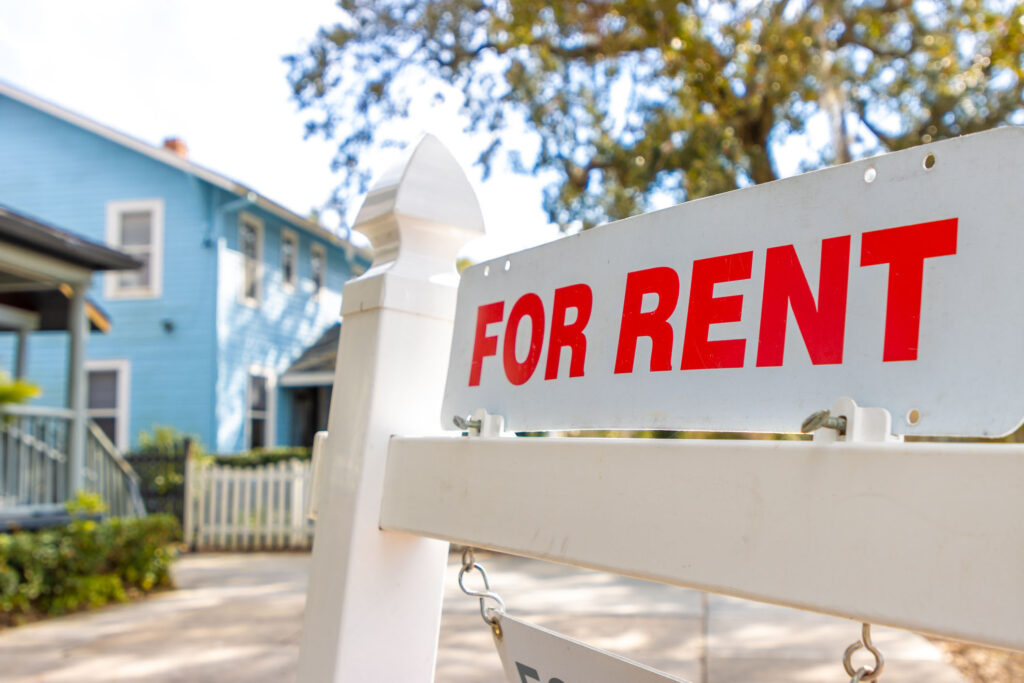What to do if you’ve inherited a home in North Carolina

It’s never easy to sort through financial affairs after you’ve lost a loved one. Yet the debts and assets of a parent, grandparent, or anyone else you may be tied to might end up becoming your responsibility to sort through. If one of your loved ones leaves behind a home and it’s either been willed to you or passed on to next of kin, you may suddenly find yourself asking what to do with a home that’s not your own. If you’ve inherited a home in North Carolina, there are a few steps to take and options you may want to consider.
Start by getting organized
Before you start weighing your options, talk to a lawyer, as well as a financial planner or accountant, to better understand what it may mean to have a new home in your name. You may also want to line up a trusted real estate agent so you can be prepared to make the right decision.
Next, ensure the property is secure and protected from any potential damage that may occur if no one is living in the home, especially if you reside in another area. You’ll also want to assess the property’s condition so you know if it’s ready for a new homeowner or if it will need repairs. This can help make the next steps clearer.
Make sure you transfer utilities to your name to avoid late fees or shut-offs. And pay any bills, such as taxes or utilities, so that the process can go smoothly. You may want to consider getting an appraisal to help you better report the home at IRS time, or to arm you with the right information down the road. When you’ve tackled these basic steps, you can more easily determine how to move forward with the home.

Do you want to keep the home?
You may want to keep a home you’ve inherited for any number of reasons. For example, you may have a sentimental attachment to it if you grew up there or if you spent a significant amount of time in it. Maybe you may even find it’s a better option than living in your current home. Or you may be considering using it as a rental. Keeping the home may have numerous benefits, but you’ll want to make sure to weigh them all.
If the home has a current mortgage, get in touch with the lender. The lender will identify who, in addition to the person who left the home to you, may still be on the mortgage. If there is still a mortgage on the home, you need to determine if you have the resources to take on the extra payment. Or you can decide if you would rather convert it into a rental property to begin making money on the property. Becoming a landlord has its own set of challenges, so keep that in mind before you take on a rental. Talk to a trusted mortgage lender to see what is feasible for your circumstances.
If the home is already paid for and you’re considering keeping it, talk to an attorney and tax accountant about the situation for clarity. While North Carolina does not have an estate tax, other states do. In short, you may owe taxes for a property if you inherit it in a different state. Federal estate taxes may apply as well. You’ll also want to be aware of additional costs, including insurance, utilities, property taxes, and unpaid maintenance on the home.
Do you want to sell the home?
Selling a home can be difficult if there are several heirs involved. Often, siblings disagree on what should happen to the home. But there are several ways to approach a sale if you can’t see eye-to-eye. If you’ve already assessed the value of the home and the land, you should have the right information to begin your discussions. Just don’t make any decisions before you have this information, which can help get everyone on the same page.
If you’ve talked to an experienced real estate agent who knows the area, they can provide you with the insights you need to make the right choice for your family and the home. As an example, if you inherited a home within the city of Raleigh, but it hasn’t been updated in years, the land may be worth more than the home. A smart financial decision may be to sell the home for infill development. An agent who understands infill development can tell you whether this is an option for the home.
On the other hand, a well-maintained home, or one needing minimal updates, may sell quickly. That doesn’t mean it will be an easy process, and you may end up owing capital gains taxes. You should always be sure to talk to your lawyer and financial planner. They can help you fully understand what it will take to sell an inherited home in North Carolina.
Make the best choice for your family
As you process the loss of the person who left you their home, it may be difficult to make a smart financial decision right away. That’s why you need the right team to help you. Be sure to talk with your family members and include your financial planner in the conversation before you decide what’s right for your needs. In short, the right thing is always what’s best for your family, both now and into the future.
Be the First to Know
Want to get the latest from The Jim Allen Group’s trusted local experts?
Subscribe to our blog, and we’ll notify you when we post something new!



